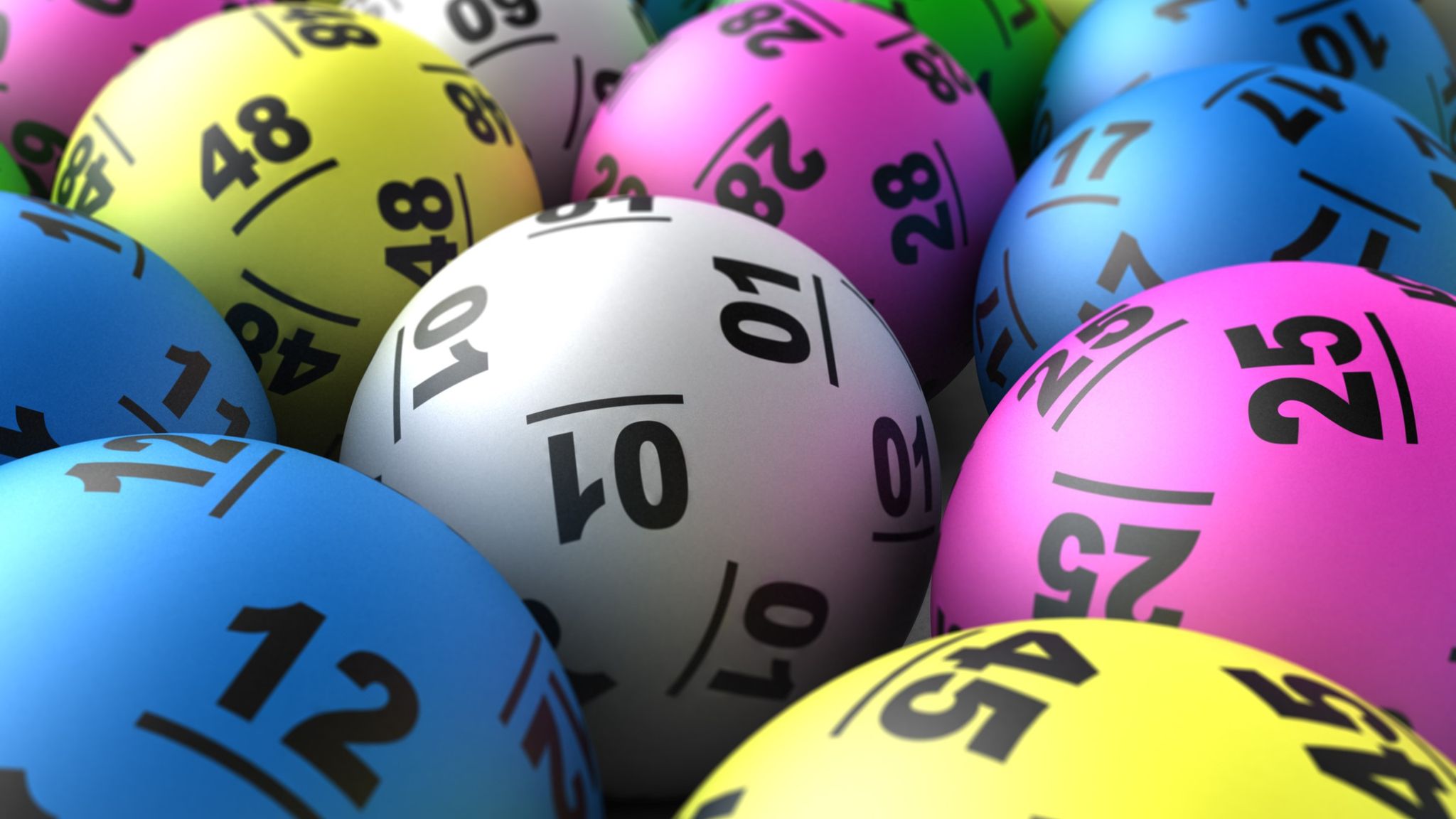The lottery has long fascinated humanity, capturing the imagination with its promises of instant wealth and the tantalizing possibility of a life transformed overnight. From the ancient origins of lottery-like practices to the high-tech, multi-million-dollar jackpots of today, lotteries represent a unique intersection of chance, strategy, and societal impact bandar macau.
The Origins of the Lottery: A Historical Overview
The concept of the lottery is not a modern invention but rather a practice with roots extending deep into history. Ancient civilizations, including the Chinese and Romans, used lottery-like methods for a variety of purposes, from divination to distributing resources. The “Keno slips” from the Han Dynasty in China (around 205-187 BC) and the Roman Empire’s lottery games during Saturnalia are early examples of how lotteries were used to generate revenue and entertain.
In the Western world, the lottery gained prominence in the Middle Ages, especially in Europe. The first recorded public lottery was held in the Low Countries (modern-day Netherlands) in the 15th century. These lotteries were used to raise funds for public projects such as fortifications and to aid the poor. By the late 16th century, lotteries had spread across Europe, including Britain, where Queen Elizabeth I sanctioned the “First Lottery” in 1569 to fund the rebuilding of London.
Modern Lotteries: A Global Phenomenon
Today’s lotteries are sophisticated operations with vast networks and enormous prize pools. In the United States, the modern lottery era began in 1964 with the introduction of the New Hampshire Lottery. Since then, lotteries have become a staple in American life, with state-run lotteries generating billions in revenue each year. Powerball and Mega Millions are among the most famous lotteries, offering jackpots that can exceed hundreds of millions of dollars.
Globally, lotteries are equally diverse. The EuroMillions, a transnational lottery in Europe, and the El Gordo, Spain’s famous Christmas lottery, illustrate how lotteries have evolved into significant cultural and economic phenomena. These lotteries not only offer life-changing prizes but also contribute to various social and charitable causes, with a portion of the proceeds often allocated to public services and community projects.
The Psychology of the Lottery: Chance vs. Strategy
The allure of the lottery lies in its simplicity and the thrilling prospect of changing one’s life with a single ticket. The chance to win is often slim, yet the dream of becoming an overnight millionaire persists. This paradox of low probability and high reward creates a psychological phenomenon known as “lottery fever.” Studies show that people are willing to spend a significant portion of their income on lottery tickets, despite the odds being overwhelmingly against them.
Interestingly, while the odds of winning the jackpot are extremely low, people often employ various strategies to enhance their chances, such as choosing numbers based on patterns or frequencies. However, experts assert that these strategies do not significantly increase one’s odds of winning since each draw is independent and random.
The Societal Impact of Lotteries: Revenue and Controversy
Lotteries serve as a substantial source of revenue for governments and various causes. In many jurisdictions, lottery funds support public education, infrastructure, and social programs. For example, in the United States, state lotteries contribute billions of dollars annually to education and community projects.
Despite their benefits, lotteries are not without controversy. Critics argue that lotteries disproportionately target lower-income individuals, who spend a higher percentage of their income on tickets. This has led to concerns about the ethics of lotteries and their impact on financial well-being. Additionally, the addictive nature of gambling and the exploitation of dreams of wealth can have adverse effects on individuals and families.
The Future of Lotteries: Innovation and Regulation
As technology advances, lotteries are evolving. Online lotteries, mobile apps, and digital ticketing are transforming how people participate. Blockchain technology promises to enhance transparency and security in lottery operations, addressing some of the skepticism surrounding lottery integrity.
Regulation will continue to play a crucial role in ensuring lotteries operate fairly and ethically. Governments and regulatory bodies must balance the need for revenue with the responsibility to protect consumers and address the social consequences of gambling.
